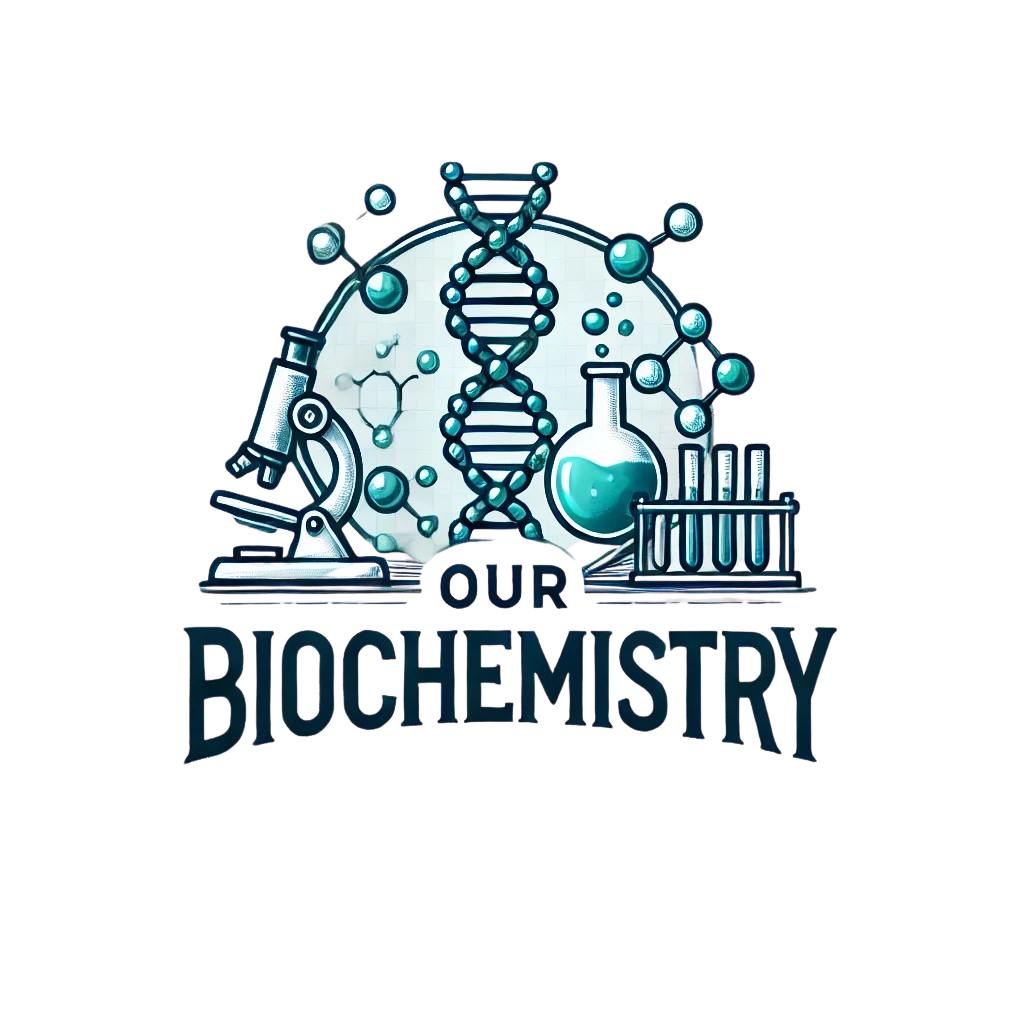Library
Our Biochemistry > Library > Library > Medical Genetics > Quick revisions > Key Terminologies and Concepts in Genetics For Easy Reference
Key Terminologies and Concepts in Genetics For Easy Reference
- November 20, 2024
- Posted by: Namrata Chhabra
- Category: Genetiics Library Medical Genetics Medical Genetics Quick Revision Series Quick revisions Quick revisions USMLE Content
No Comments
Table 1- Basic Genetic Concepts
| Term | Definition | Example/Notes |
| Gene | A segment of DNA that encodes for a protein or RNA. | BRCA1 gene for DNA repair. |
| Allele | A variant form of a gene. | Dominant (A) or recessive (a). |
| Locus | The specific physical location of a gene or DNA sequence on a chromosome. | The CFTR gene is located at 7q31.2. |
| Homologs | Genes that share a common ancestry, either within the same species (paralogs) or across species (orthologs). | Human hemoglobin genes (HBA1, HBA2) are paralogs. |
Table 2: Patterns of Inheritance
| Term | Definition | Example/Notes |
| Dominant Trait | Expressed when at least one dominant allele is present. | Brown eyes (B) over blue eyes (b). |
| Recessive Trait | Expressed only when both alleles are recessive. | Blue eyes (bb). |
| Codominance | Both alleles are expressed equally in the phenotype. | ABO blood group (IAIB = AB blood type). |
| Incomplete Dominance | A blend of two alleles is expressed in the phenotype. | Red × White → Pink flowers. |
| Epistasis | Interaction where one gene masks or modifies the expression of another. | Coat color in labrador retrievers (e.g., E and B genes). |
| Compound Heterozygous | The presence of two different mutant alleles at the same locus. | One CFTR mutation from each parent (e.g., ΔF508 and G542X in cystic fibrosis). |
Table 3- Genetic Processes
| Term | Definition | Example/Notes |
| Mutation | A change in the DNA sequence. | A point mutation in CFTR gene (cystic fibrosis). |
| Recombination | Exchange of genetic material between homologous chromosomes. | Crossing over in meiosis I. |
| Transcription | Copying DNA sequence into RNA. | mRNA synthesis from DNA template. |
| Translation | Synthesizing a protein from mRNA. | Ribosomes convert codons into amino acids. |
Table 4- Genetic Structures and Tools
| Term | Definition | Example/Notes |
| Genome | The complete set of DNA in an organism. | The human genome has ~3 billion base pairs. |
| Epigenetics | Heritable changes in gene expression without DNA sequence changes. | DNA methylation can silence genes. |
| Karyotype | A visual representation of chromosomes in a cell. | The human karyotype shows 46 chromosomes. |
| Single Nucleotide Polymorphism (SNP) | A single base pair variation in DNA. | SNPs can indicate genetic predispositions. |
| Genetic Engineering | Manipulation of DNA to alter traits. | CRISPR-Cas9 for gene editing. |
Table 5- Population Genetics and Evolution
| Term | Definition | Example/Notes |
| Genetic Drift | Random changes in allele frequency in a population. | The bottleneck effect reduces genetic diversity. |
| Gene Flow | Movement of alleles between populations. | Migration introduces new genetic material. |
| Natural Selection | Differential survival and reproduction due to advantageous traits. | Antibiotic resistance in bacteria. |
Table 6- Complex Traits
| Term | Definition | Example/Notes |
| Polygenic Trait | A trait controlled by multiple genes. | Height, skin color. |
| Pleiotropy | A single gene influences multiple traits. | PKU mutation affects pigmentation and brain development. |
| Epistasis | Interaction between genes where one gene affects the expression of another. | Fur color in animals like mice or labradors. |
Author:Namrata Chhabra
With over 38 years of experience as a Medical Educator, Medical Biochemist, and Researcher, Dr. Namrata Chhabra has a proven track record of leading and contributing to clinical, academic, and research initiatives that advance medical science and education. She holds an M.B.B.S., an M.D. and Ph.D. in Medical Biochemistry, and a Master's in Health Professions Education (MHPE). She is also a FAIMER Fellow, a prestigious recognition of her excellence in medical education and research.
Currently, she serves as the Associate Dean of Admissions, Chair of the Admissions Committee, and a Professor of Biochemistry at the American University of Antigua College of Medicine (AUACOM). In this role, she oversees the academic quality, curriculum development, faculty development, accreditation processes of the college, and student recruitment. She also teaches and mentors medical students, conducts and supervises biomedical and educational research projects, and publishes and presents her findings in national and international journals and conferences. Additionally, she is the author of three comprehensive textbooks on Medical Biochemistry, which are widely used by medical students and professionals. She is passionate about improving the health outcomes of communities and individuals by fostering a culture of innovation, collaboration, and excellence in medical education and research.
